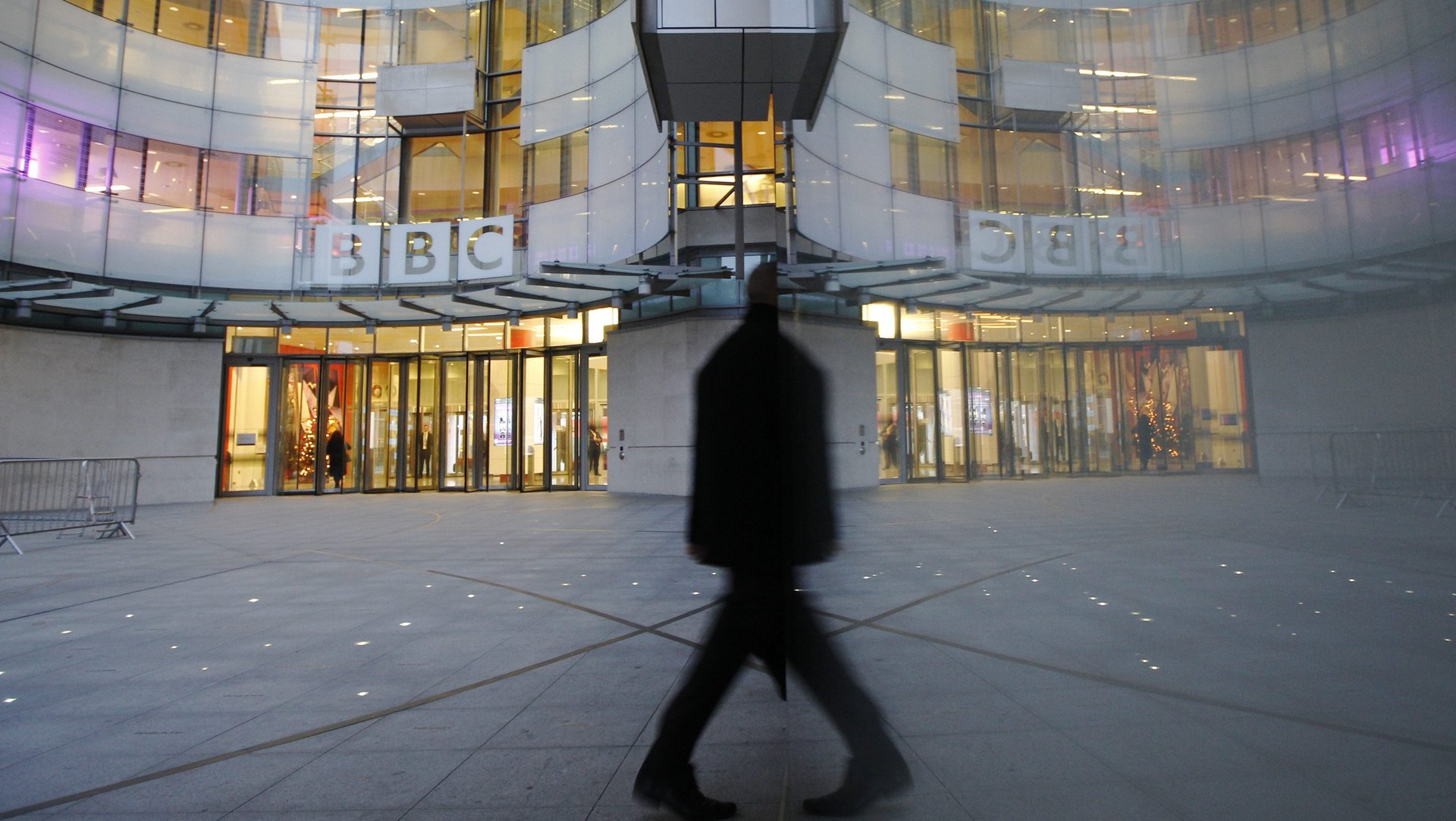A top BBC journalist resigned after learning her male peers were paid 50% more
Carrie Gracie is a British journalist who has worked for the BBC for 30 years, most recently as its China editor. She stepped down from that position this week and took a public stand against her employer for what she calls a “secretive and illegal pay culture” that systematically discriminates against women.


Carrie Gracie is a British journalist who has worked for the BBC for 30 years, most recently as its China editor. She stepped down from that position this week and took a public stand against her employer for what she calls a “secretive and illegal pay culture” that systematically discriminates against women.
In an open letter to the UK public, which directly funds the BBC through the licenses residents have to buy in order to legally operate a television, Gracie described her experience with the organization since taking the China job in 2013.
Grace, who is fluent in Mandarin, writes that she knew when she took the job she “would have to work 5,000 miles from my teenage children,” and face “surveillance, police harassment and official intimidation” from the Chinese government. When she accepted it, she stressed that she needed to be paid equally to her male peers.
After learning that the BBC’s two male international editors received more than 50% more than two female editors in equivalent roles, Gracie asked the BBC to raise her pay. The organization declined.
“Despite the BBC’s public insistence that my appointment demonstrated its commitment to gender equality, and despite my own insistence that equality was a condition of taking up the post, my managers had yet again judged that women’s work was worth much less than men’s,” Gracie wrote.
“It said there were differences between roles which justified the pay gap, but it has refused to explain these differences. Since turning down an unequal pay rise, I have been subjected to a dismayingly incompetent and undermining grievance process which still has no outcome.”
Upon leaving China, Gracie will return to her previous job in the BBC newsroom, where, she wrote, “I expect to be paid equally.”
“Fairness in pay is vital,” a BBC spokesperson said in response to Gracie’s letter, according to news reports. “We have already conducted a independent judge led audit of pay for rank and file staff which showed ‘no systemic discrimination against women’.”
An internal review of pay practices at the BBC in July revealed gender disparities in pay across the organization, with women being paid, on average, 9.3% less than men. The review found several cases in which women earned significantly less than male colleagues performing the exact same job. Even the female judge on the BBC reality dancing competition Strictly Come Dancing earned as much as £100,000 less than the show’s two male judges.
“It is not men earning more because they do more of the jobs which pay better. It is men earning more in the same jobs or jobs of equal value,” Gracie wrote. “It is pay discrimination and it is illegal.”